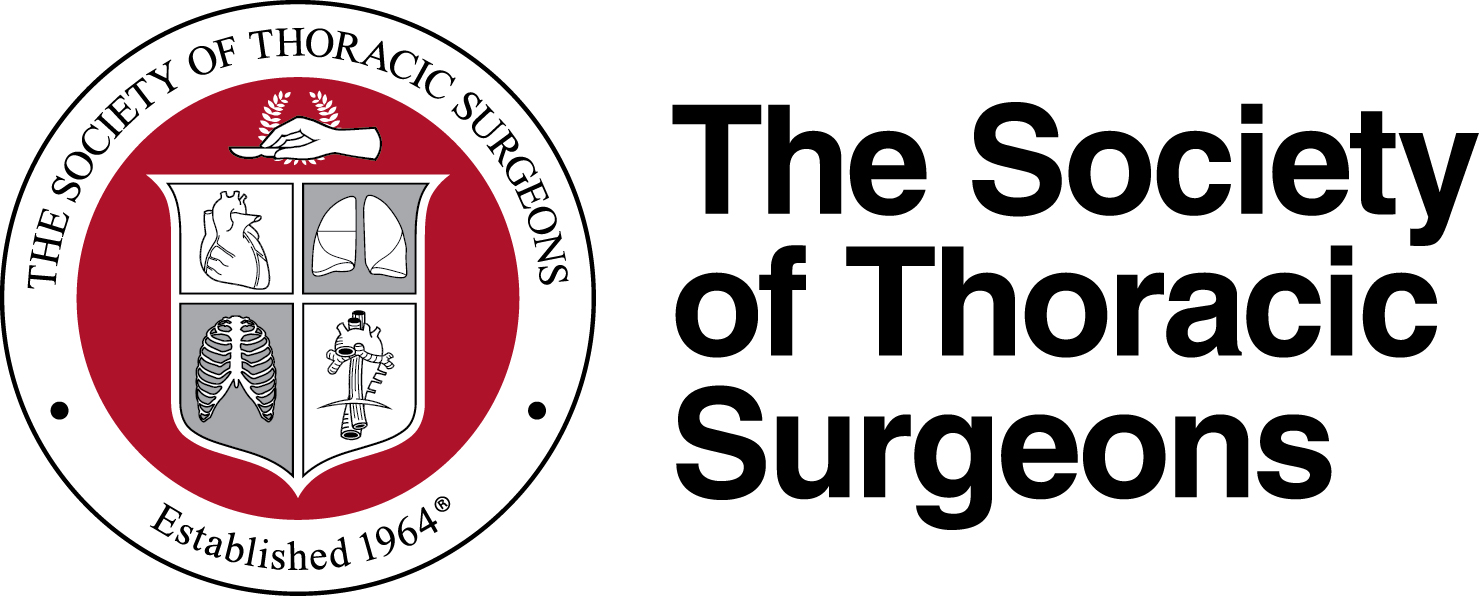Newswise — CHICAGO, July 17, 2013 — The Society of Thoracic Surgeons (STS) has launched an investigational study with the American College of Cardiology (ACC) that may allow more patients to benefit from transcatheter aortic valve replacement (TAVR), a minimally invasive procedure that delivers a replacement heart valve via a catheter.
TAVR using the Edwards SAPIEN valve was recently approved in the United States for inoperable or high-risk patients with aortic stenosis, a narrowing of the opening to the aortic valve. For most patients, the transfemoral approach (via the groin) is used but some patients have too much disease in the femoral artery to permit using this approach.
The new study will evaluate the safety and efficacy of “alternative access” approaches for TAVR.
“An estimated 1 in 4 patients has been ineligible for TAVR because advanced disease precludes use of the FDA-approved access site,” said STS Research Center Director Fred Edwards, MD, Emeritus Professor of Surgery at the University of Florida, Jacksonville, and one of the study’s principal investigators. “This trial will determine whether ‘alternative access’ procedures are as safe and effective as procedures using the presently approved approaches.”
Four Alternative Access RoutesThe alternative access procedures include transapical, transaortic, transsubclavian/transaxillary, and transiliac. The transapical approach allows aortic valve replacement through an incision in the chest between the ribs for access to the apex (the lowest part) of the heart.
The transaortic approach implants the valve directly through the ascending aorta, using a J-shaped incision at the top of the sternum. This approach allows for direct delivery of the device at a short distance from the aortic valve.
The subclavian and axillary artery approaches use the subclavian artery, located in the upper chest below the collar bone to deliver the device into the heart valve.
The transiliac approach utilizes the iliac arteries to transport the device from the pelvic area to the heart.
Importance of Using the STS/ACC TVT Registry™Earlier this year, the U.S. Food and Drug Administration granted STS and the ACC a unique investigational device exemption (IDE) to study the alternative access approaches using the STS/ACC TVT Registry, which is a device surveillance and benchmarking tool the two organizations developed to track clinical outcomes and improve patient safety. The IDE is believed to be the first sponsored by any medical specialty society.
The study will use TVT Registry data obtained for inoperable patients age 18 years and older who undergo TAVR for severe aortic stenosis using any non-femoral access approach with an Edwards SAPIEN valve between now and December 31, 2018. The primary analysis will be performed when data on the first 1,000 evaluable patients are available.
“Implementing this study through the STS/ACC TVT Registry provides a unique opportunity to enroll a very diverse group of patients from a number of different institutions, providing us with a large sample population in which to study alternative access,” said Dr. Edwards. “This level of collaboration and use of registries will enable us to gather accurate information that may ultimately lead to label expansion.”
Currently, 244 U.S. institutions are enrolled in the TVT Registry. The institutions are located across 47 states and the District of Columbia.
###
To schedule an interview with an STS representative, contact Cassie Brasseur at 312-202-5865 or [email protected]. For more information please visit https://www.ncdr.com/TVT/Home/IDEStudy.aspx
About The Society of Thoracic Surgeons Founded in 1964, STS is a not-for-profit organization representing more than 6,600 cardiothoracic surgeons, researchers, and allied health care professionals worldwide who are dedicated to ensuring the best possible outcomes for surgeries of the heart, lung, and esophagus, as well as other surgical procedures within the chest. The Society’s mission is to enhance the ability of cardiothoracic surgeons to provide the highest quality patient care through education, research and advocacy. www.sts.org
About the STS/ACC TVT Registry™ The TVT Registry is a benchmarking tool developed to track patient safety and real-world outcomes related to the TAVR procedure. Created by STS and ACC, the TVT Registry is designed to monitor the safety and efficacy of TAVR for the treatment of aortic stenosis. www.tvtregistry.org
